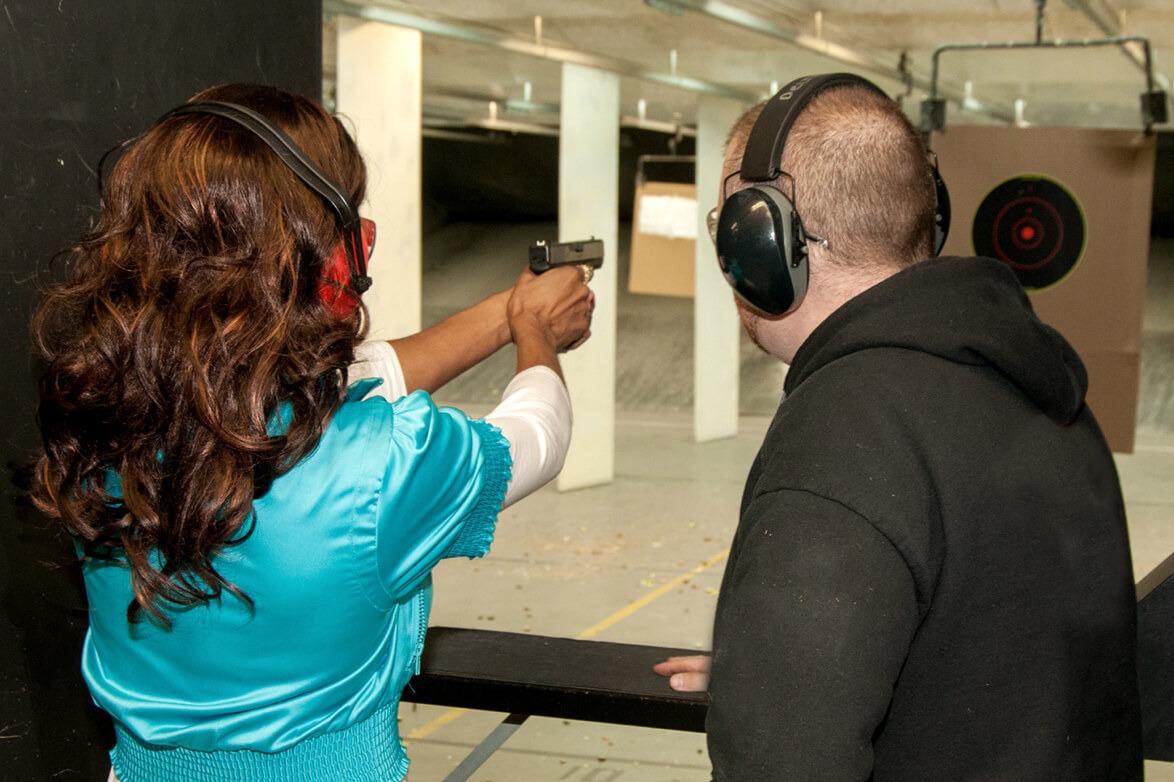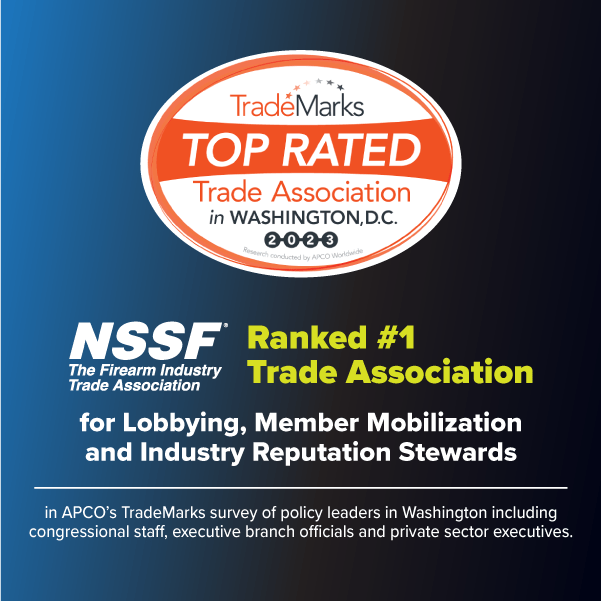 Back to News
Back to News
April 29, 2020
Senators Warn Banks Not to Use Recovery Funds to Starve Gun Business
U.S. Senators are warning big banks not to use the recent pandemic recovery funds as a bludgeon against industries they find out of fashion. In other words, don’t use taxpayer funds as a weapon to score political points at the next corporate cocktail party.
U.S. Sen. Kevin Cramer (R-N.D.), along with 18 additional senators, authored a letter to Secretary of the Treasury Steve Mnuchin and Jerome Powell, Chairman of the Federal Reserve, warning them not just that this could happen, but they fully expect it to happen. That’s because they have seen it happen before.
“A small but vocal minority has weaponized federally-backed banks against politically-disfavored businesses that operate in good faith and compliance with the law, by denying them financial services based on political reasons that have nothing to do with creditworthiness,” wrote the 19 senators who signed the letter.
Disfavored Industries
The senators didn’t pull punches. They listed the worst offenders, including Citibank, Bank of America JP Morgan Chase among others. Each of these banks has taken discriminatory stances against the firearms industry, denying financial services unless manufacturers and retailers adopt their views on gun control. It isn’t just the firearm industry that’s been victimized by the corporate virtue signalers. These banking institutions, along with credit card processors and financial service providers, also targeted the oil and gas industry, coal, private corrections and other politically disfavored industries.
These are all banking institutions which use taxpayer funds not only to bail them out, but to insure them against losses. They are literally playing politics with American’s taxpayer dollars – again – at a time when America is in a financial crisis.
Specifically, the senators are asking Sec. Mnuchin and Chairman Powell how the White House and the Small Business Administration is going to ensure the Paycheck Protection Program and SBA disaster relief funds are distributed in an “unbiased manner.” The senators also want to know how the Trump Administration is communicating to the banks that now, more than any other time, isn’t when banks should be playing favorites with money that isn’t theirs and what the administration and SBA will do when it learns these banks do it anyway.
Abusive History
The senators have reason to be wary. They watched these taxpayer-protected banks do this before, with no accountability. In 2008, taxpayers came to the rescue when the banking industry was crashing. A cool $16.8 trillion dollar check was paid out by taxpayers to keep banks afloat because they were considered “too big to fail.” But they turned around and failed the taxpayer. They used those funds that came from everyday taxpayers, from the firearm and ammunition industry, from oil and gas and private corrections among others, and wrote new policies that said if these industries didn’t adhere to their “social standards,” they’d lose out on the financial services they need to survive.
That’s why Sen. Cramer introduced the Freedom Financing Act, S. 821. This bill, along with the U.S. House of Representatives companion bill, H.R. 2079 by Congressman Roger Williams (R-Texas), would work to end discriminatory lending practices of major banking institutions that seek to circumvent the legislative process and set social policy from the boardroom. But banks don’t seem to be getting the message. They continue to scoff at lawmakers’ warnings that they’re abusing their authority and crushing free commerce by picking winners and losers like it’s a popularity contest.
Citbank’s CEO Michael Corbat actually tried selling his bank’s policy of discriminating against Second Amendment-protected businesses as “good practice.” This is the same bank that got at $45 billion bailout on the backs of taxpayers, only to turn around and attempt to push policies that went beyond the law. That decision cost Citibank a $600 million Louisiana road improvement investment project because they interfered with the lawful commerce-in-arms.
Still Happening
Other banks weren’t paying attention. In 2018, Wells Fargo CEO Tim Sloan refused to buckle under political pressure to deny firearm manufacturers financial services, saying, “I don’t know if banks or credit card companies or any other financial institution should be the arbiter of what an American can buy.” That changed, though. Sloan retired in June 2019, just two months after Wells Fargo and other banks got “failing grades” from gun control radicals Guns Down America. This week, the new CEO Charles Scharf reported the bank’s relationship with the NRA is “declining,” adding the bank would no longer participate in line of credit or mortgage commitments. It’s not coincidental that Wells Fargo got the failing grade, backed off financing with gun-related organizations and at the same time gave $10 million over three years to the National Collaborative on Gun Violence Research, a gun control research program.
Big banks continue to benefit off the backs of American taxpayers, even as they pick winners and losers outside of the framework of the legislative process. Public policy is decided by those who are elected by the people and remain accountable to the people for their decisions. Banks have demonstrated an antipathy to taxpayers and their concerns, instead shoving their politically-driven ideas down from their high-rise corporate boardrooms.
The 19 U.S. senators are right to demand answers and accountability. Banks have proven they won’t use tax dollars to benefit taxpayers. They will use them, though, as a way to crush businesses they despise.
You may also be interested in:
Categories: BP Item, Featured, Government Relations, Top Stories









